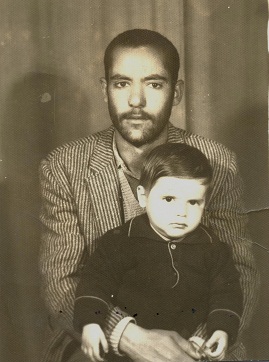


















Katherine Whalley
MAGEL2 is one of a cluster of paternally expressed genes, the loss of which underlies Prader-Willi Syndrome (PWS), which is characterized by obesity, sleep disorders, hyperphagia and hypogonadism. The authors set out to understand how loss of MAGEL2 contributes to the PWS phenotype.
They showed that, in the mouse brain, most MAGEL2-containing cells are found in the hypothalamus. High levels of Magel2 expression were observed in neurons in the dorsal suprachiasmatic nucleus (SCN) that convey circadian pacemaking signals to peripheral tissues. Magel2 expression in the SCN fluctuated rhythmically, peaking during dark periods when the mice were most active.
To determine the role of Magel2 in generating circadian output, the authors examined mice in which the paternal copy of the Magel2 gene was absent (Magel2 m+/p- mice) and there was a resultant complete loss of the protein. These mice exhibited altered feeding and breeding behaviour. Furthermore, although the mice demonstrated daily rhythms of running behaviour, overall daytime activity was reduced, indicating that Magel2 is important for the normal
control of several circadian behaviours
WEST AZARBIJAN URMIA--Dr.RAHMAT SOKHANI.
http://khorrami1962.spaces.live.com